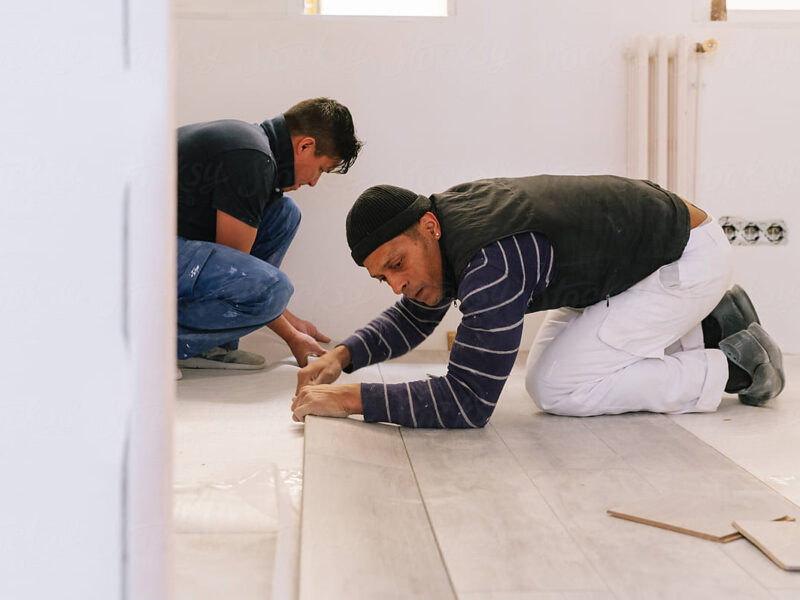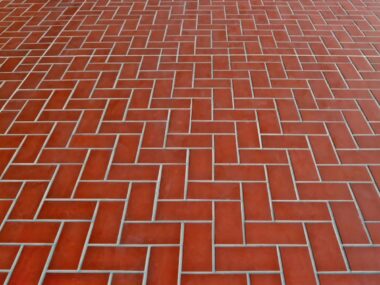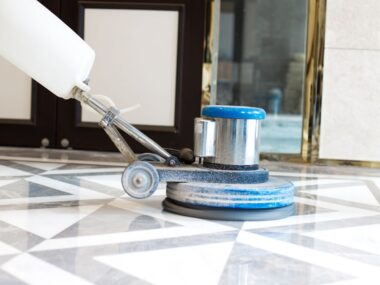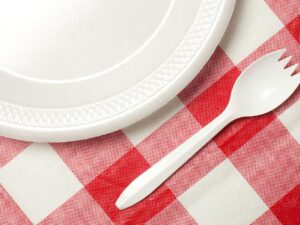Sustainability is becoming the key for many businesses, including the flooring business. Wholesale vinyl plank flooring, prized for its durability and versatility, is now being marketed through more sustainable processes. This kind of flooring is an ideal option for businesses looking for environmentally friendly ways, as its production uses biodegradable techniques for less environmental effects. For example, in the United States, green building certifications like LEED are highly valued, and natural vinyl slab flooring is popular in workplaces, colleges, and other places.
Materials with Less Environmental Impact
Recycled Materials in Flooring
The core or backing of many vinyl plank flooring products is made of recycled materials. These materials take waste from consumers and industries, giving a new life to materials that would otherwise contribute to waste and minimizing the need for using virgin resources. For instance, there are already products made with recycled PVC that retain durable, functional characteristics.
Using Bio-Based Additives
For environmental reasons, some companies introduce bio-based plasticizers from renewable sources such as soybean oil. These sustainable additives substitute petroleum-based plasticizers, creating flooring with a reduced carbon footprint.
Eco-Friendly Manufacturing Processes
Lower Emissions During Production
Thanks to modern production technologies, manufacturers are working to reduce greenhouse gas emissions and energy use in the production of vinyl plank flooring.
Businesses are reducing their carbon footprint by using energy-efficient machines and renewable energy sources.
Low-VOC and VOC-Free Flooring
VOCs, or volatile organic compounds, can affect indoor air quality and harm health. Many eco-friendly vinyl plank flooring options are typically certified as low-VOC or VOC-free, resulting in healthier indoor environments.
Sustainability in Business Use
Long-Lasting Flooring Reduces Waste
Eco-friendly vinyl plank flooring is designed for long-term use, which helps reduce material waste in the future since replacements are rare. Because it is durable, it can be placed in high–traffic areas like offices and stores, supporting fewer replacements and sustainability.
Recycling Old Flooring
High-end vinyl plank flooring is very much recyclable at the end of its life together to produce a new product or material. This complements this country’s growing emphasis on recycling as companies and manufacturers strive for a greener mission that supports a greener economy.
Supporting Sustainability Goals in the US
US businesses are under increasing pressure to achieve green building standards and enhance their eco-image. The emergence of green flooring offers a solution to this growing problem. Using recycled materials, low-VOC emissions, and bio-based additive flooring certifications such as LEED (Leadership in Energy and Environmental Design) and WELL help companies meet their goals.
For many corporations in the US, sustainability is an important focus area as a part of their journey to Corporate Social Responsibility (CSR) by getting green vinyl plank flooring.
Conclusion
These environmentally friendly vinyl plank floorings give businesses an alternative without compromising quality and durability. By including recycled materials, bio-based additives, and green production methods, companies contribute to a more sustainable future. As green certifications and CSR goals continue to gain traction in the US, eco-friendly flooring makes total business sense. Online platforms increasingly simplify the process for companies to explore different sustainable flooring options that aid businesses in protecting the environment and reaching sustainability goals.













